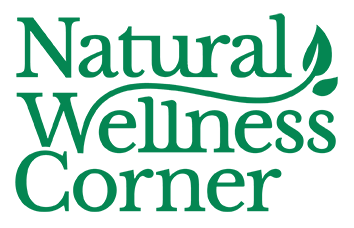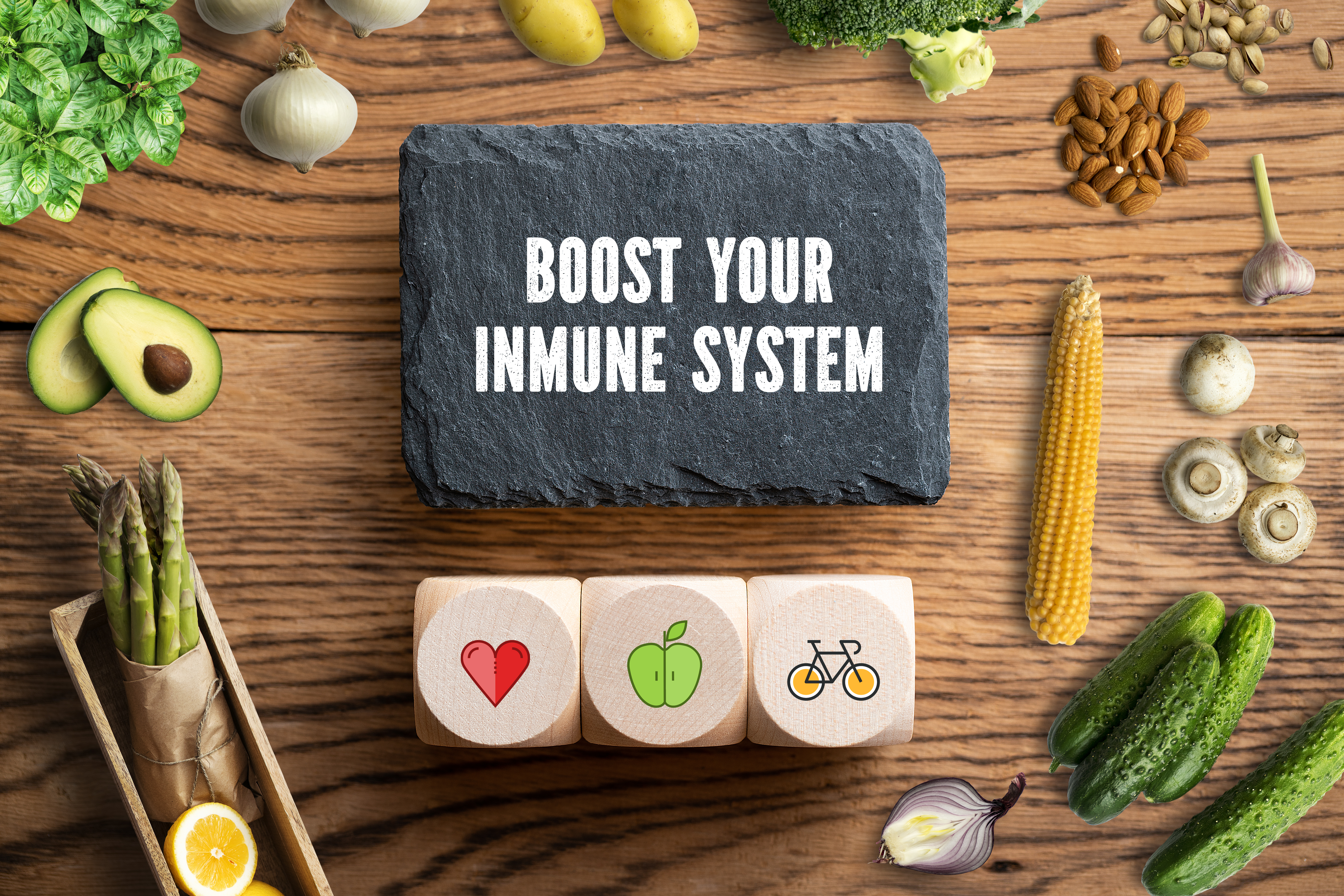With the pandemic, cold and flu season upon us, supporting your immune system is crucial right now. The immune system protects your body from invaders such as bacteria and viruses. It produces cells and proteins to fight off infections. You’re born with an innate immune system, and you acquire additional immunity through exposure. Providing your body with proper nutrients to boost your immune response is similar to providing supplies in construction. If the nutrients aren’t there, then your body can’t build a good defense. Certain foods, vitamins, and minerals are crucial to the building process.
Which Nutrients Should You Focus On?
-
Patients who are Vitamin D deficient tend to have a weaker immune system and more severe symptoms. Vitamin D can help reduce inflammation and boosts cells that fight viruses.
-
Immune boosters such as Vitamin C and Vitamin E can be used both as prevention and as a complementary treatment. During illness you need more Vitamin C than when healthy, as Vitamin C is crucial in the production of proteins.
-
A diet high in processed sugars can weaken the immune system and reduce the ability to fight infection, and they are linked to increases of mental health issues during quarantine. With the new isolated component to our lives, it can be tempting to indulge in comfort foods, but anything above moderation will only harm your health. Foods high in antioxidants (such as berries, fruits, and nuts) and tryptophan (chicken and dairy) can help boost the immune system.
-
Zinc has antiviral properties, is vital in creation of immune cells, and boosts immune function.
-
Foods or supplements high in flavonoids, like berries, kale and citrus, can reduce incidence and severity of upper respiratory infections.
-
Probiotics may reduce incidence and severity of upper respiratory infections. They help regulate your gut and boost your immune system.
While these nutrients may be present in your diet, you may not be getting enough. Nutrient deficiencies are common in the American diet. Where you’re deficient, supplementation can help. There is no one size fits all approach here, so talking to our clinical nutritionist can help you know what will work best for you. Stop by or give us a call during our hours to see how we can help you!
Stay safe, stay healthy, and check back for updated information!


